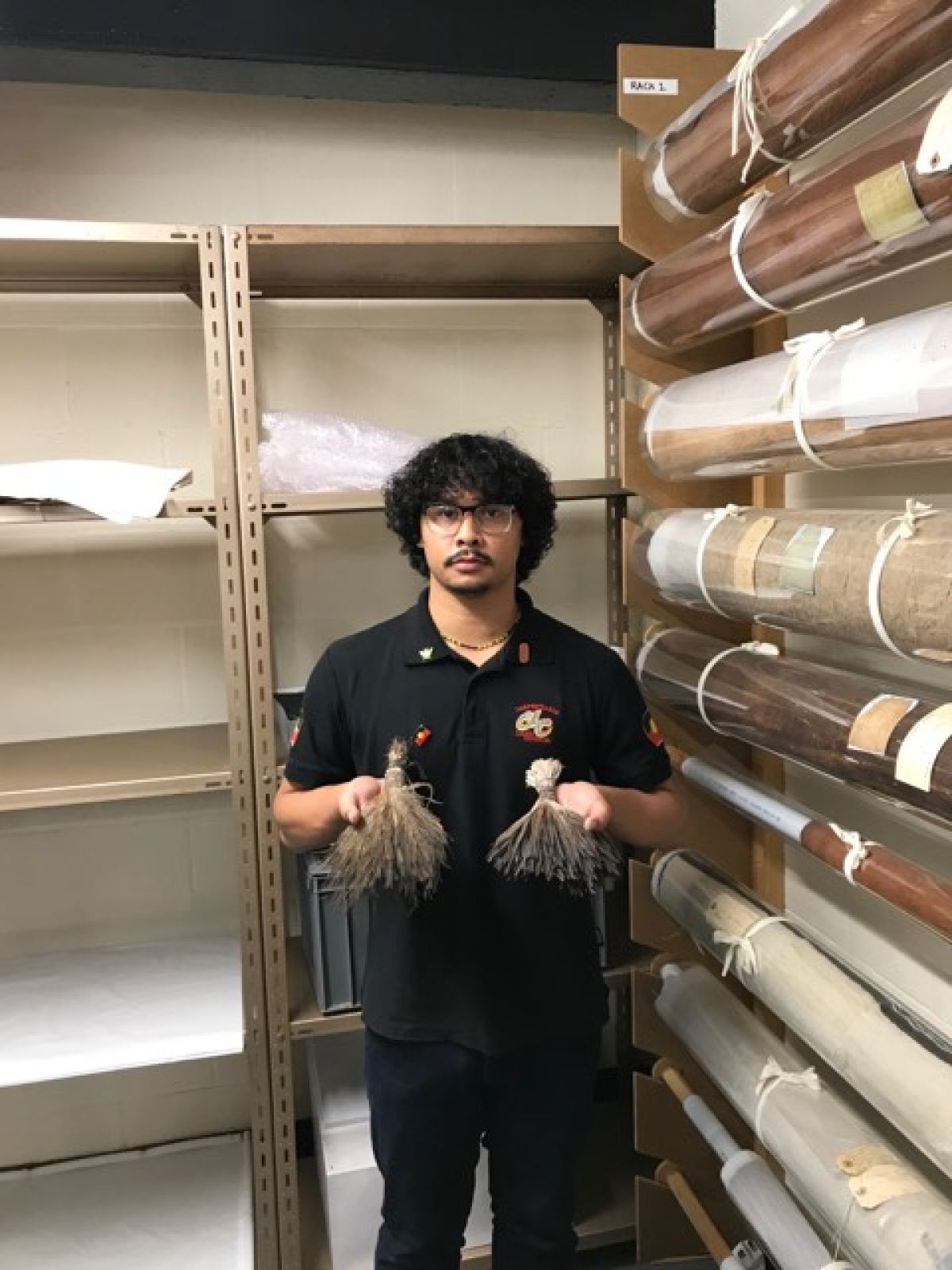Manchester Museum returns sacred artefacts to indigenous Australians
By Joe Manock

The Manchester Museum has become the first museum in the country to hand back sacred objects to aboriginal communities in Australia, in the first of a series of events beginning on 20th November.
The event is the result of a partnership between The Australian Institute of Aboriginal and Torres Strait Islander Studies (AIATSIS) and the Manchester Museum. ‘The Return of Cultural Heritage project’ is using the 250th anniversary of Captain Cook’s first voyage to the east coast of Australia to stimulate awareness in the process of returning cultural heritage items to traditional custodians.
The items in question were taken by force under the process of colonisation. Manchester Museum, which opened in the late nineteenth century, was founded during the height of the British Empire. The Museum ascribed to racial hierarchies and extracted items from a Western perspective. Statements were made which claimed that Aborigines were becoming instinct and that the Museum had a duty to preserve its culture. In fact, it was British actions endangering Aborigine culture.
Mangubadijarri Yanner, from the Gangalidda language group, confirmed that “they were forcibly taken because these items are scared cultural items that are used for ceremony and dance and song”. He said that such items would never have been given over willingly, and stressed the profound emotional impact of repatriation on himself and his community.
“Its something to have these items on display for people to see without context, in a cabinet or locked away in a basement but to actually know that these items will be returning home and that the people who created these items and their cultures and languages will continue to exist…real reconciliation, real practical change and meaning that’s what it means to us.”
AIATSIS has said it had identified more than 100,000 items in 220 institutions across the world. 32,000 sacred indigenous Australian objects are held by British institutions, including the British Museum and Liverpool World Museum.
Christopher Simpson, director of AIATSIS and a Wakka Wakka language group descendant, said his team had spoken to 43 British museums with stolen items and that 29 had shared information about their collections.
The partnership between AIATSIS and Manchester Museum marks an age of fresh insights and conversations. Esme Ward, director of Manchester Museum, hinted that the museum sector was in an “existential crisis mode”, adding: “Particularly museums that are born of the empire, what are we here for? How do we acknowledge our past? What do we do to confront that?”.
A powerful theme of global contentedness emerged from the repatriation ceremony. Esme Ward highlighted the fact that a museum’s duty is to foster “understanding between cultures” and “thinking about our common humanity”. The return of sacred artefacts to the AIATSIS project shows the Manchester Museum to be a pioneering force and a positive influence. The transparent dialogue and willingness for justice evident at this event should serve as an exemplar across the industry.







